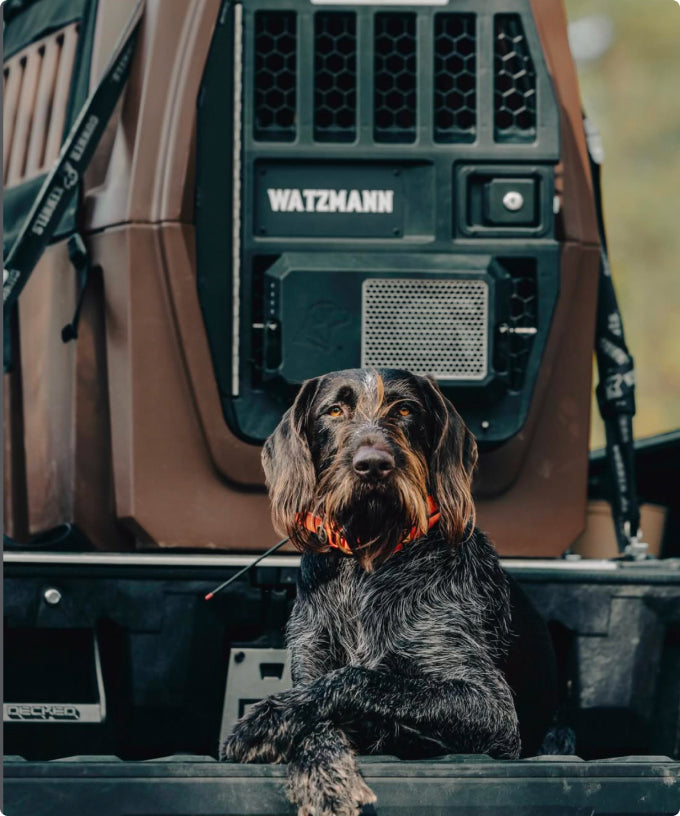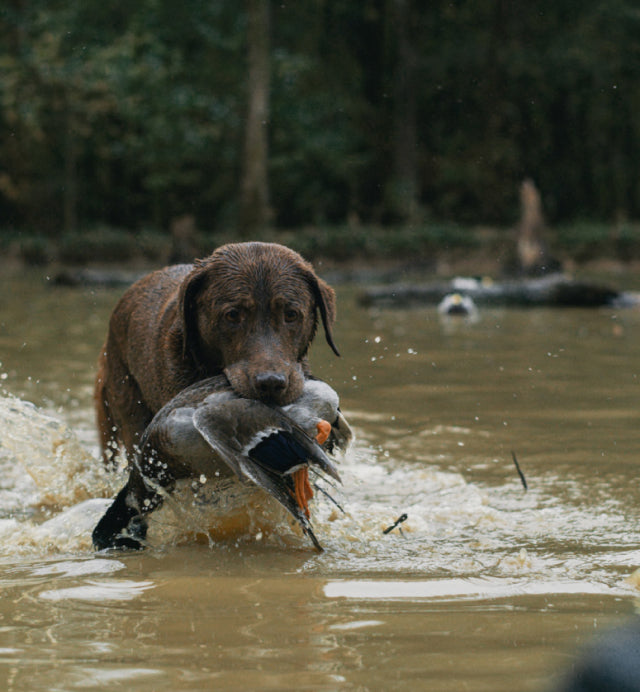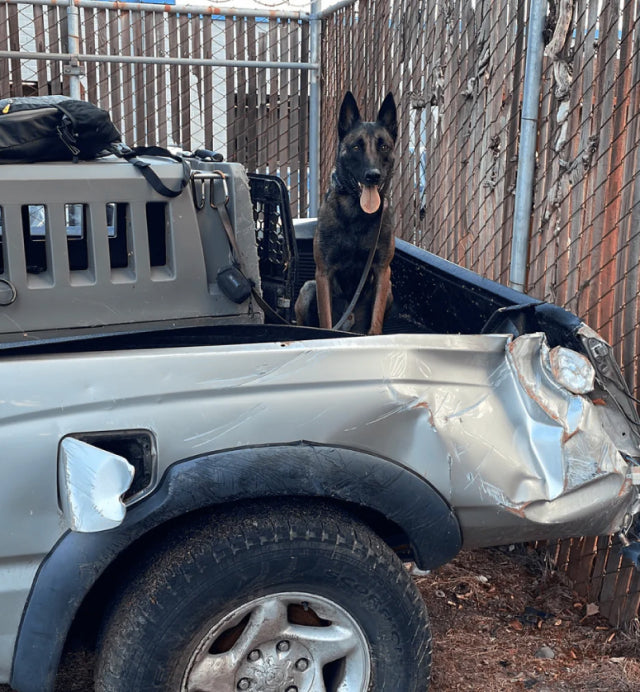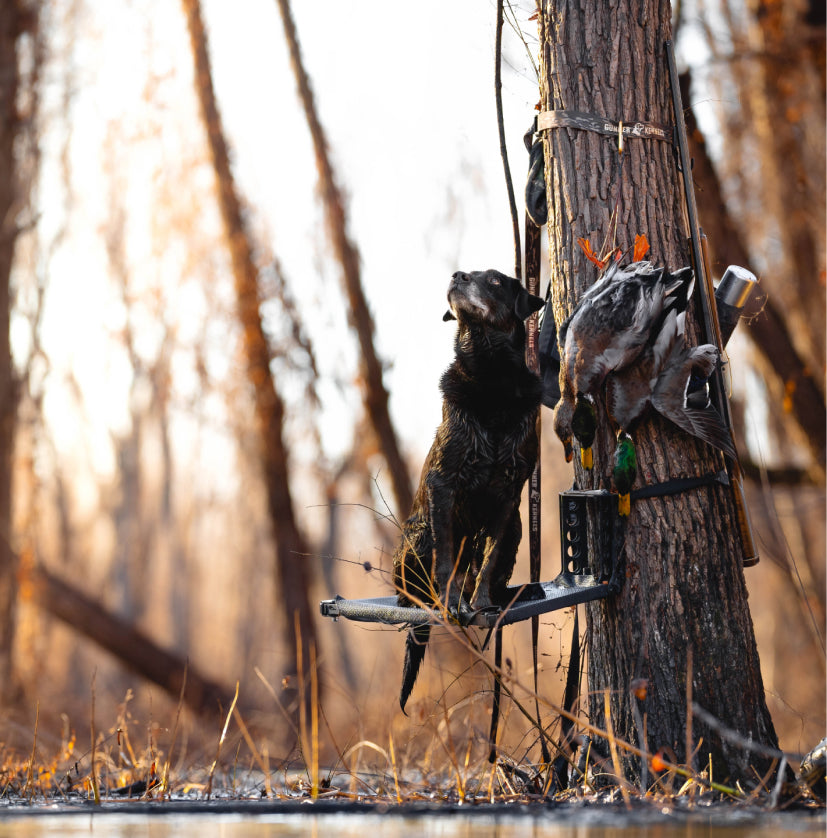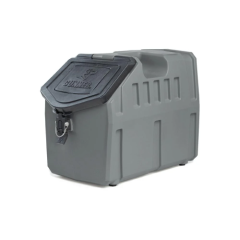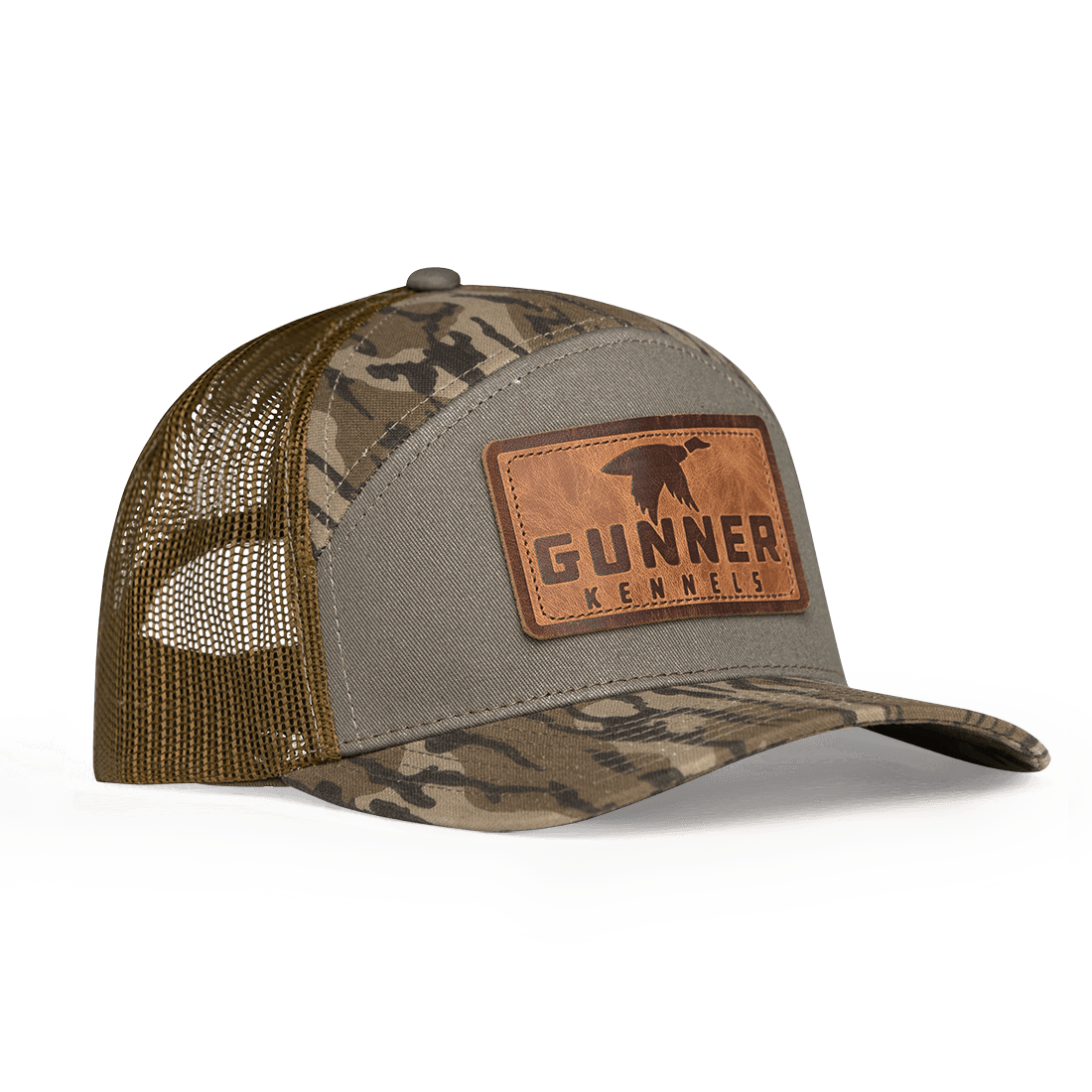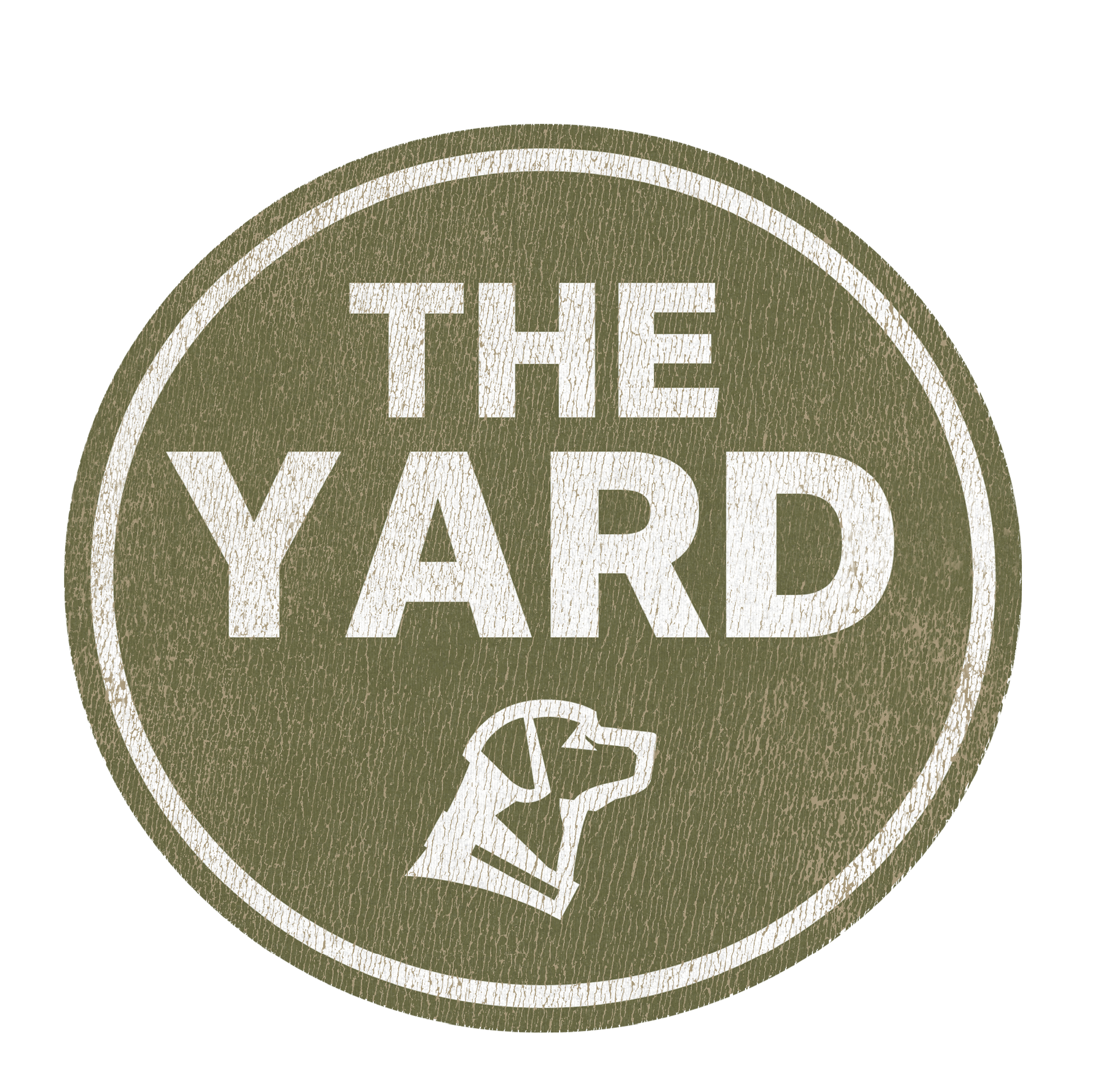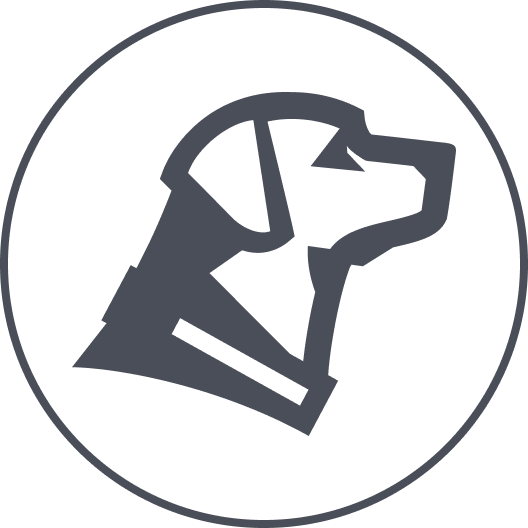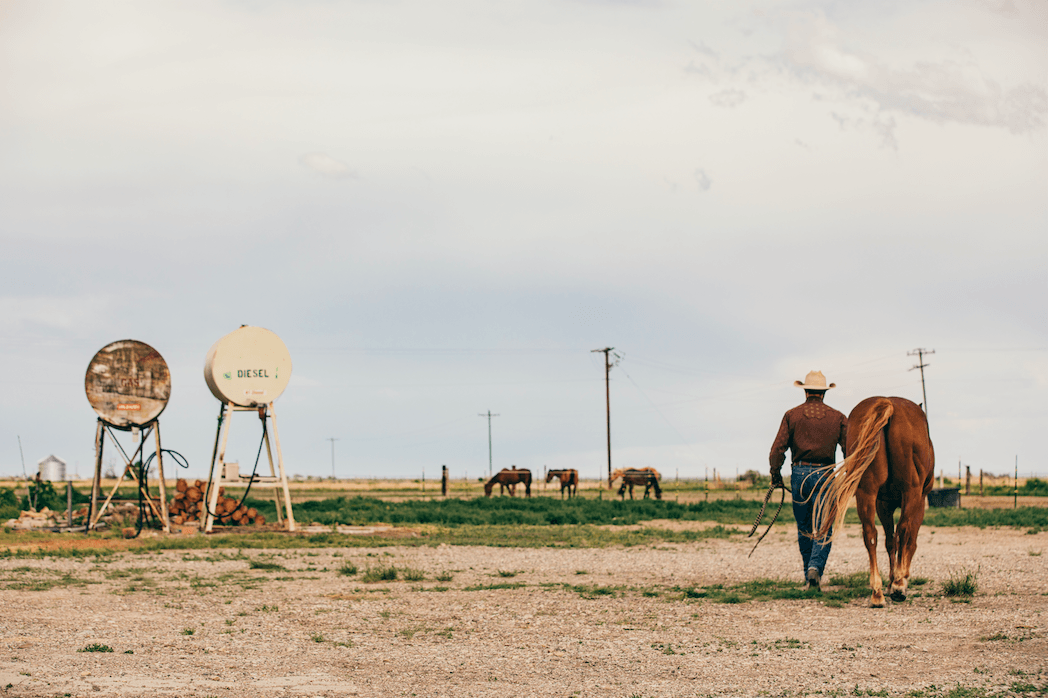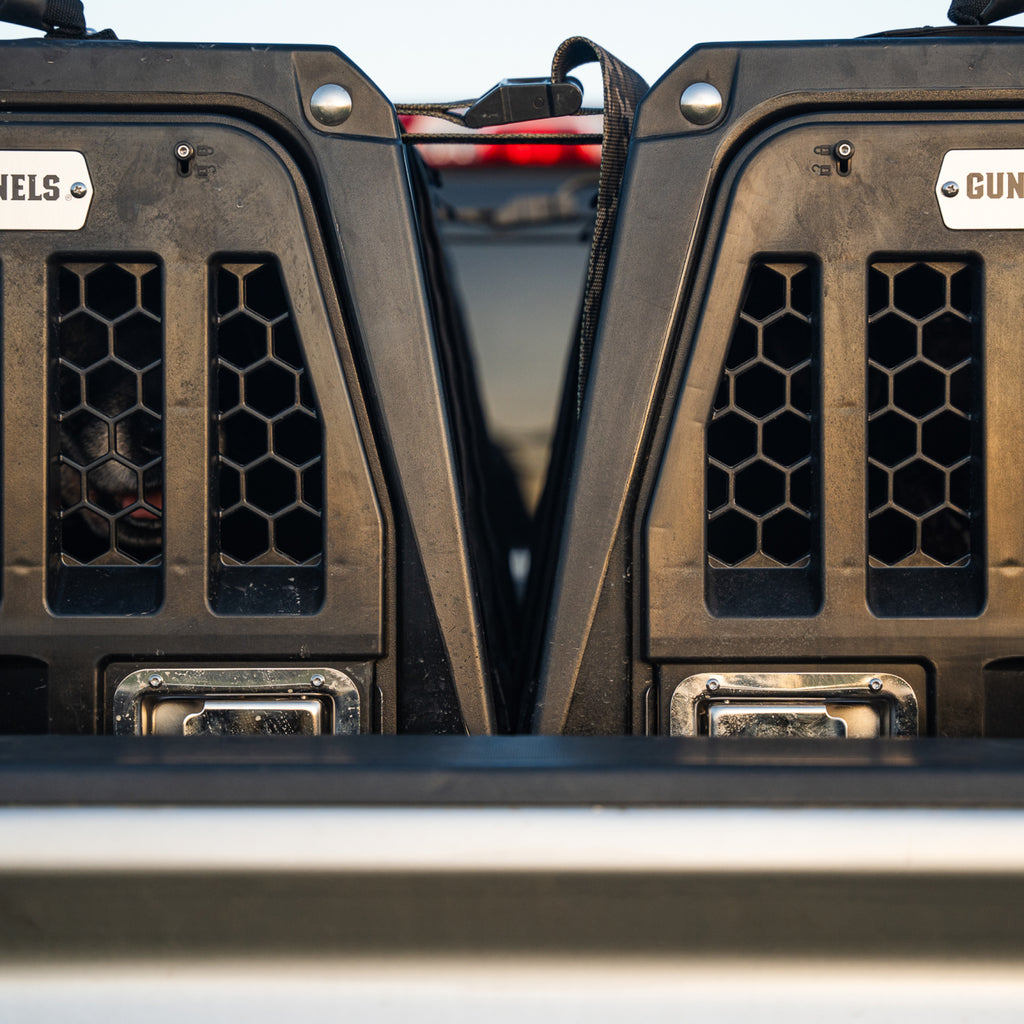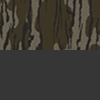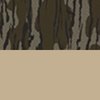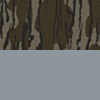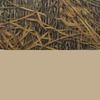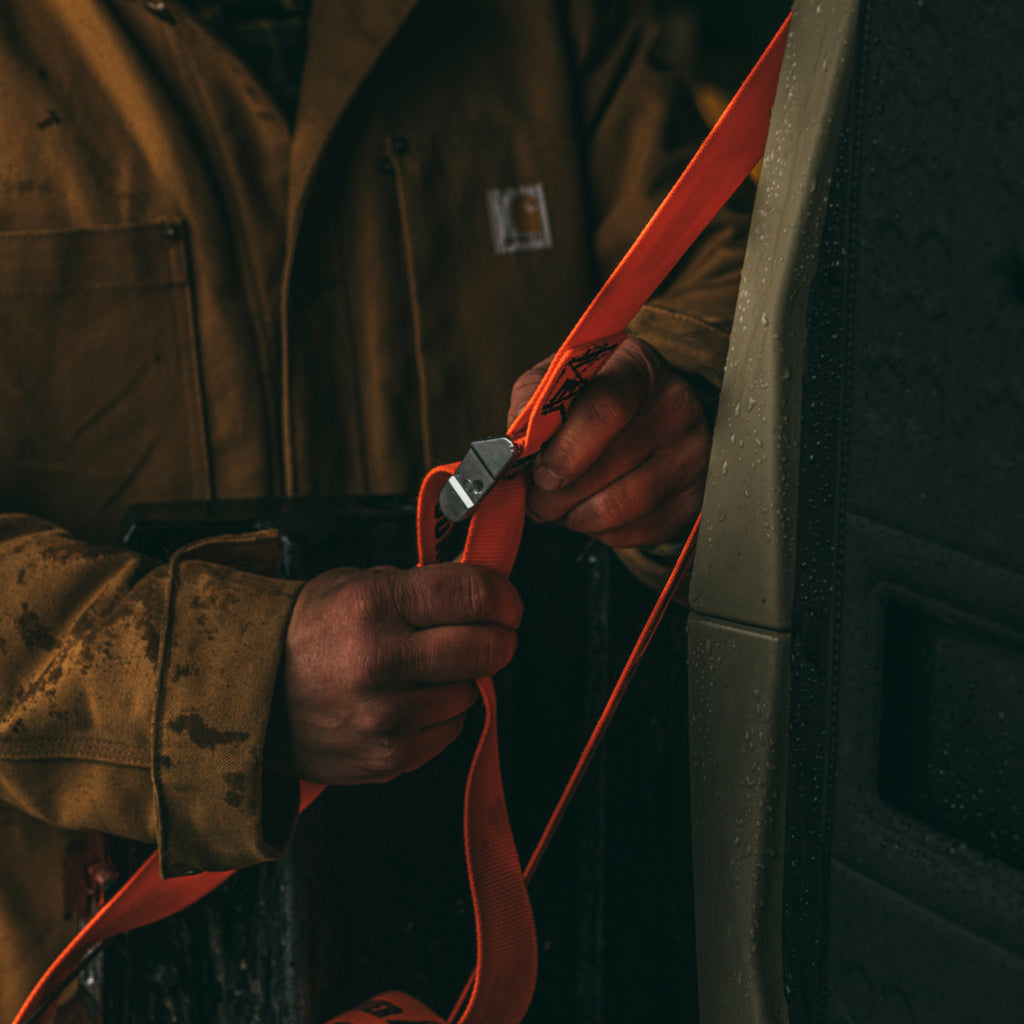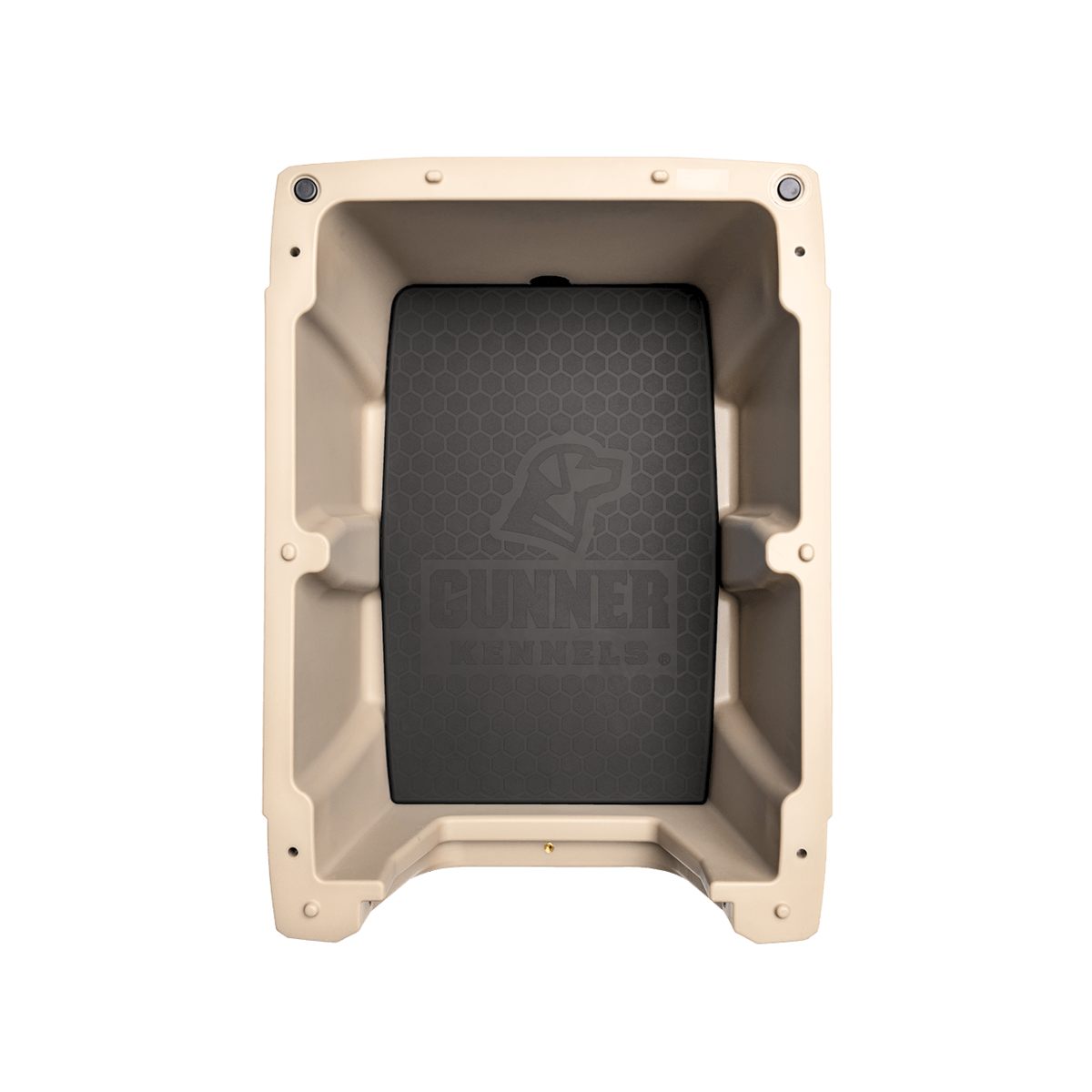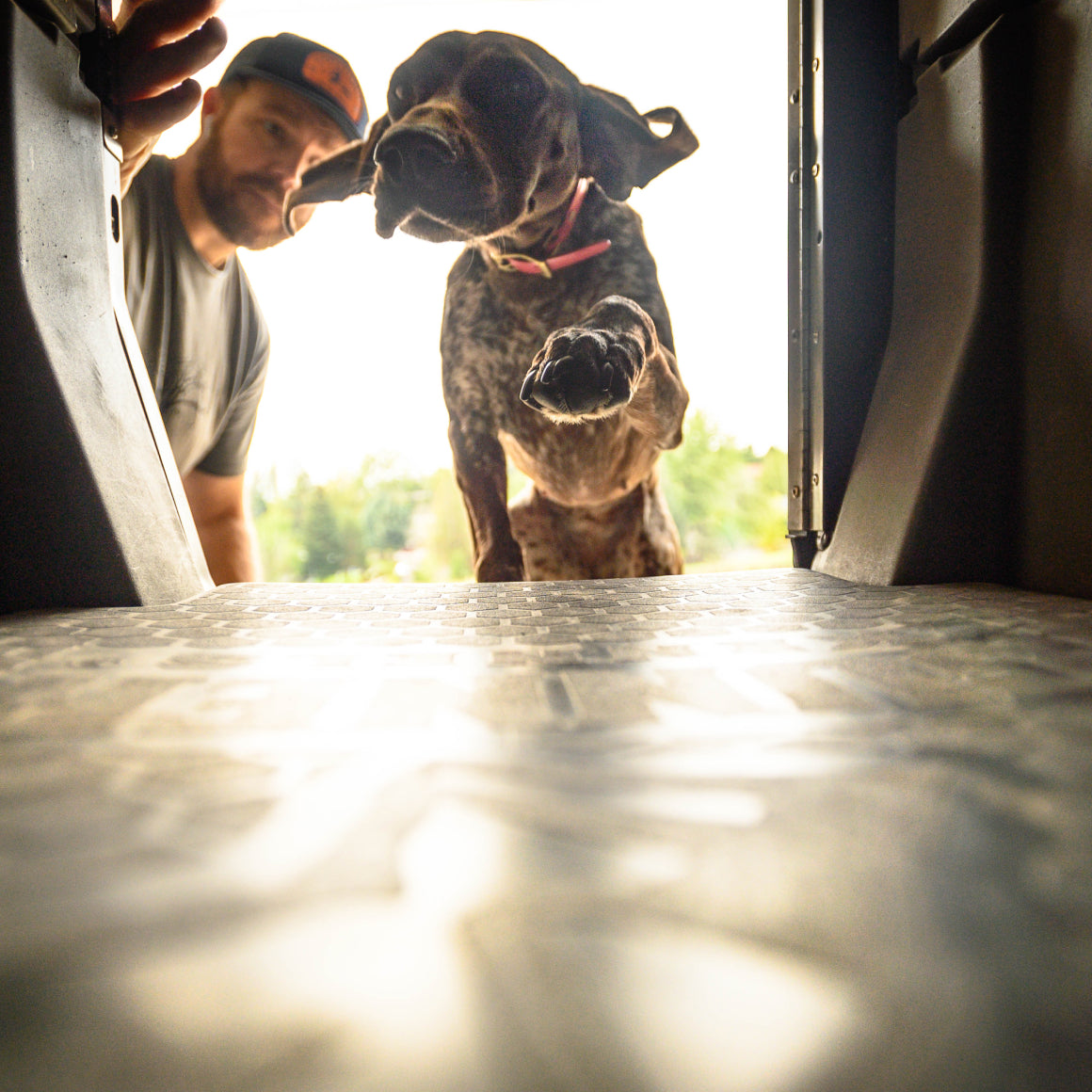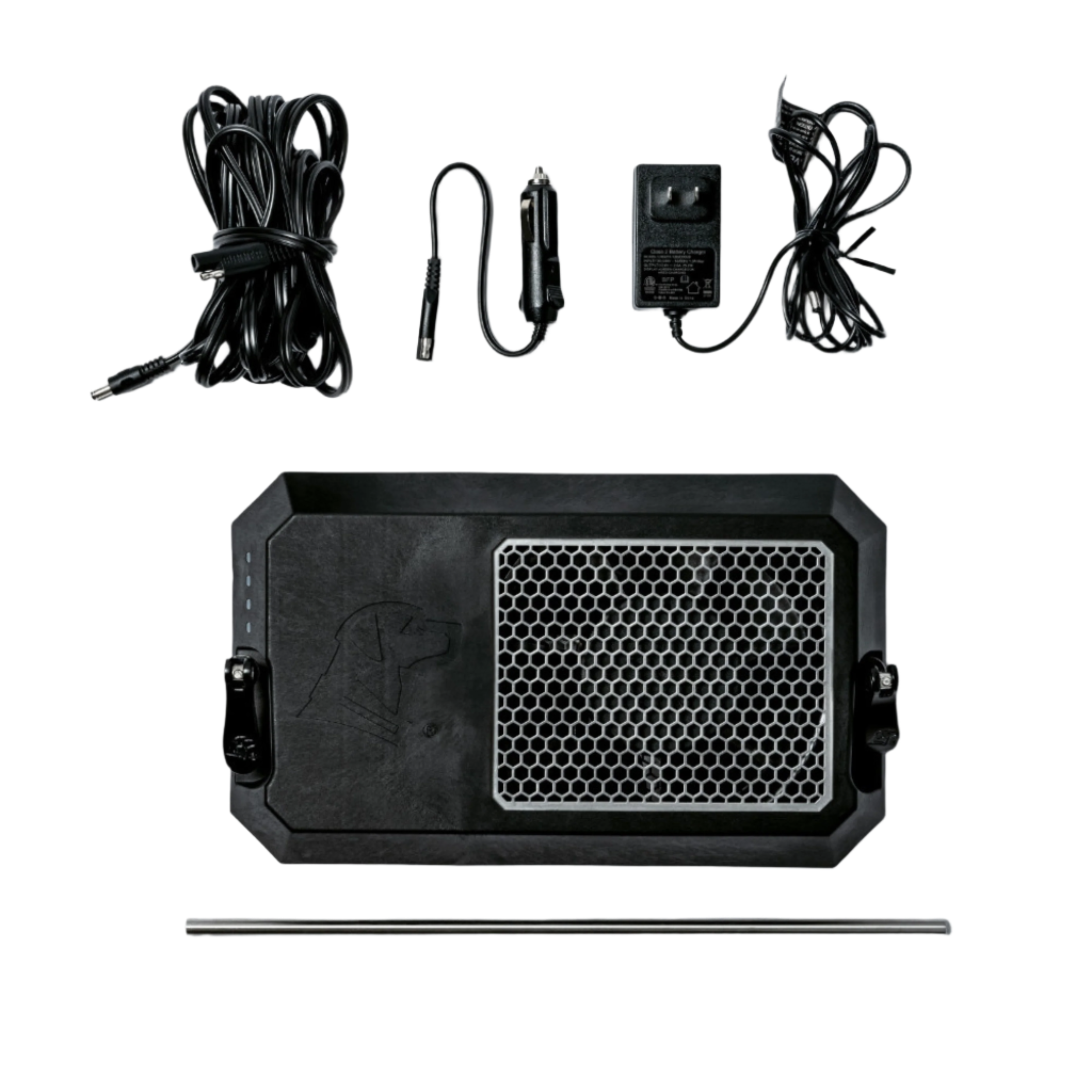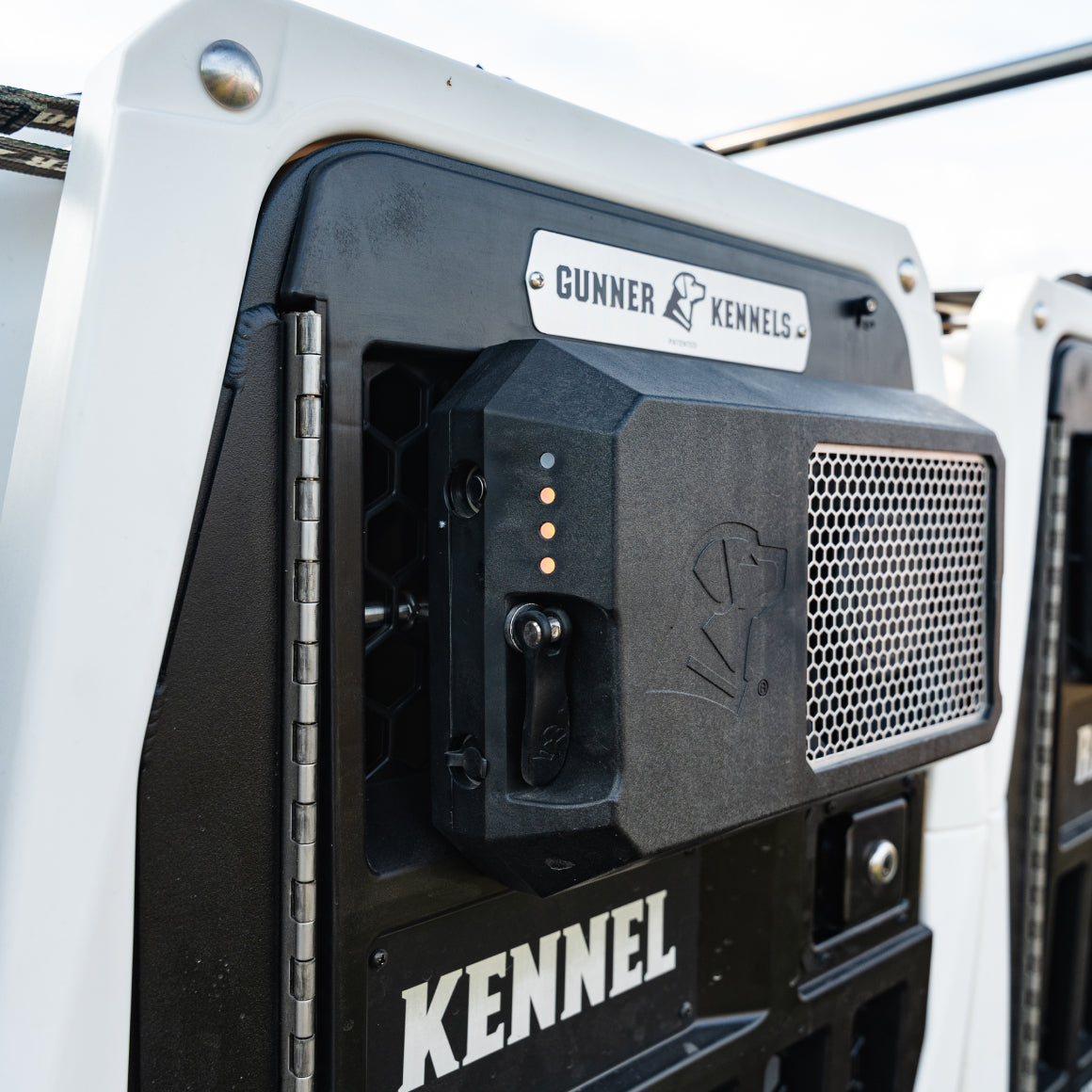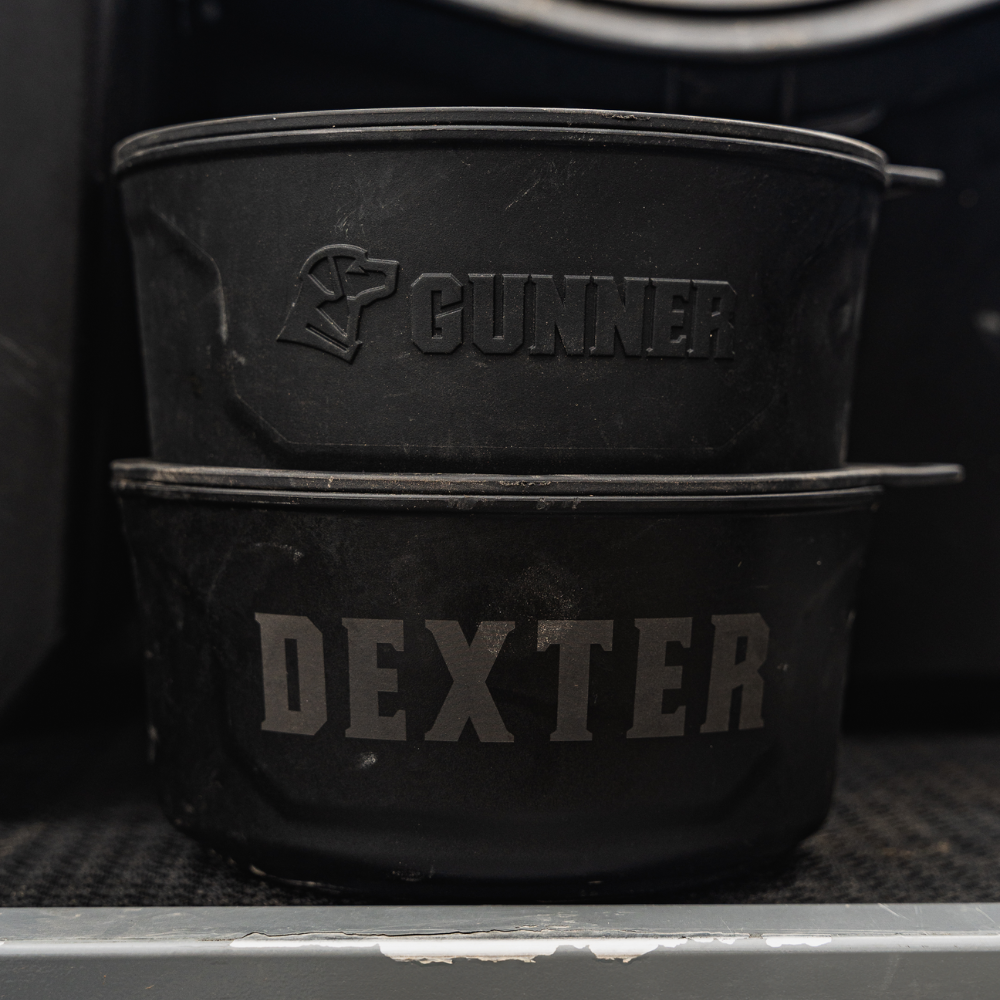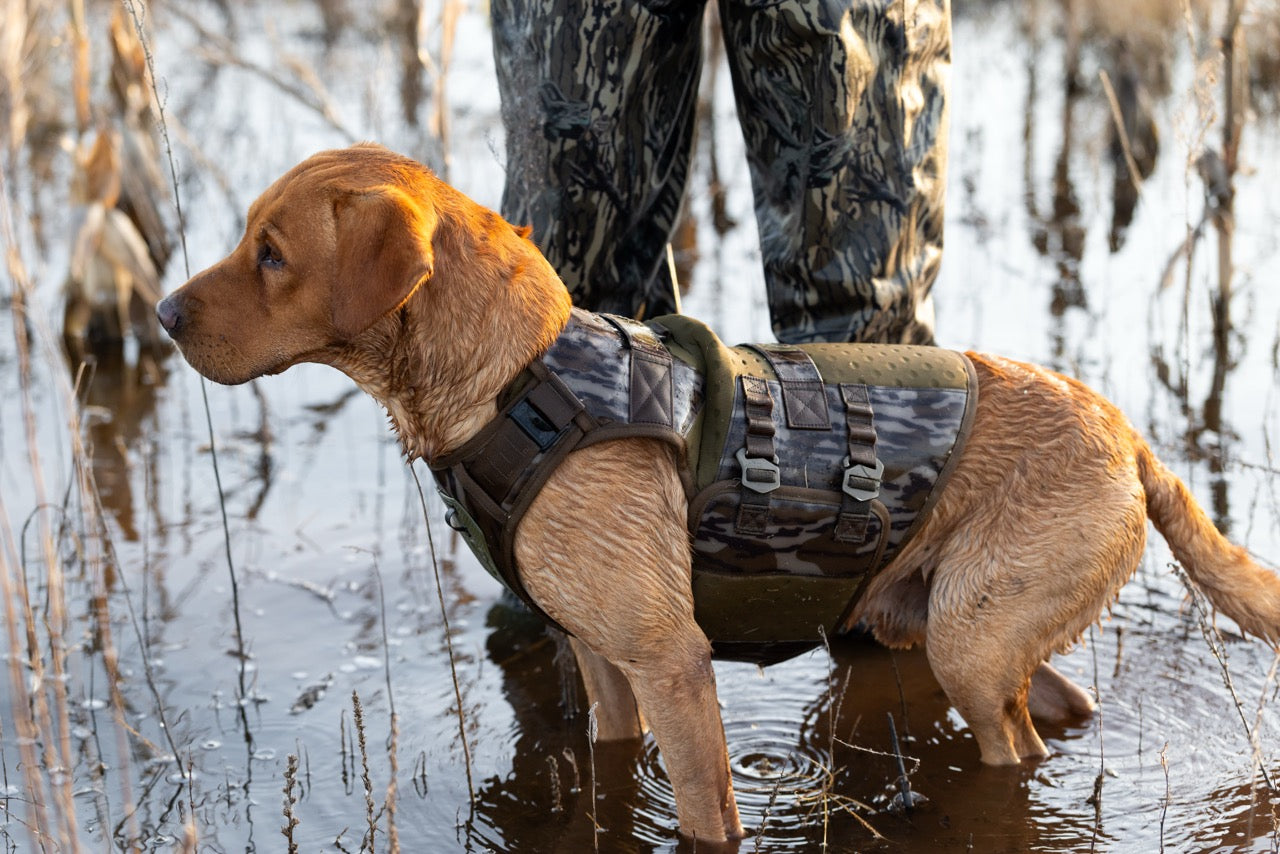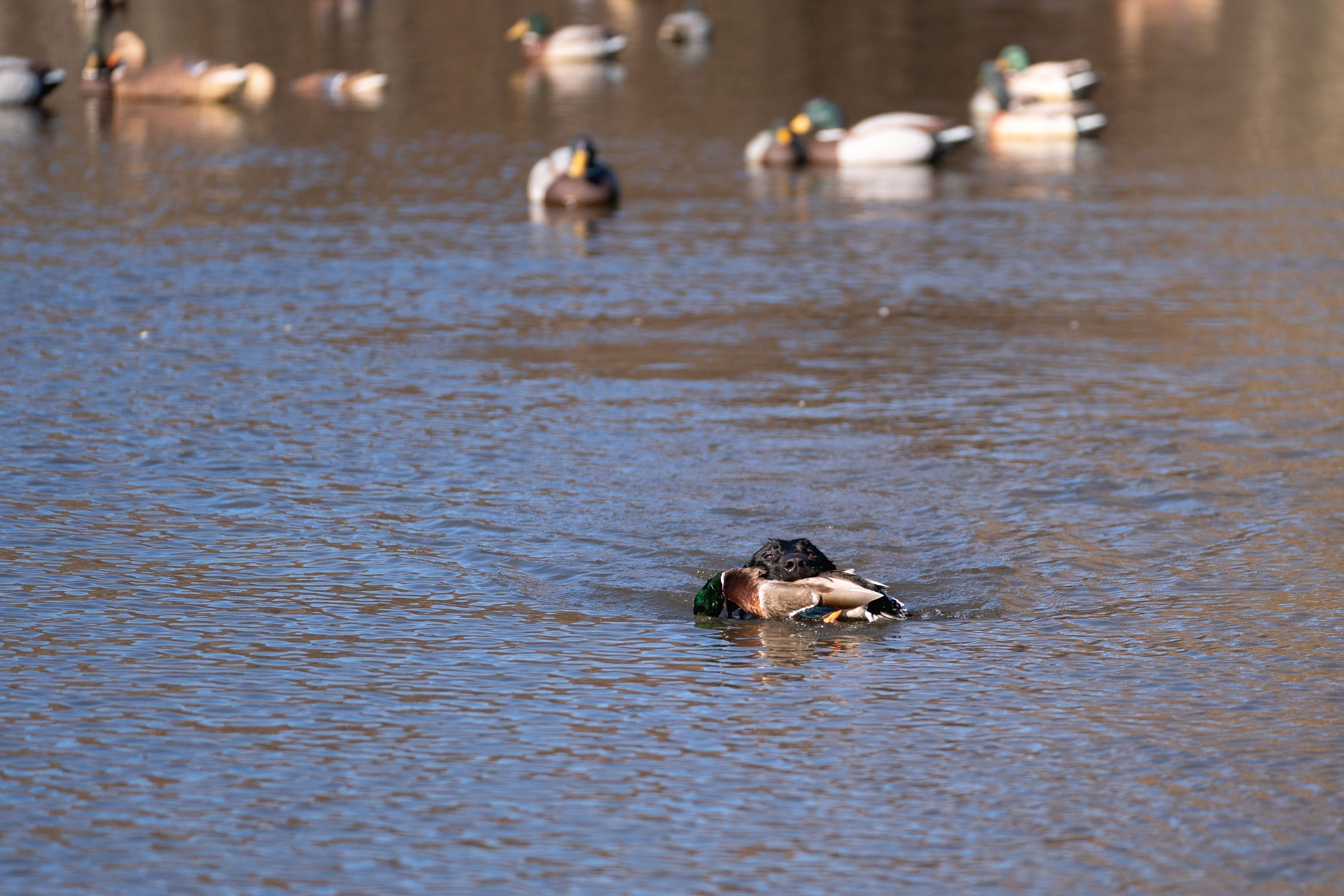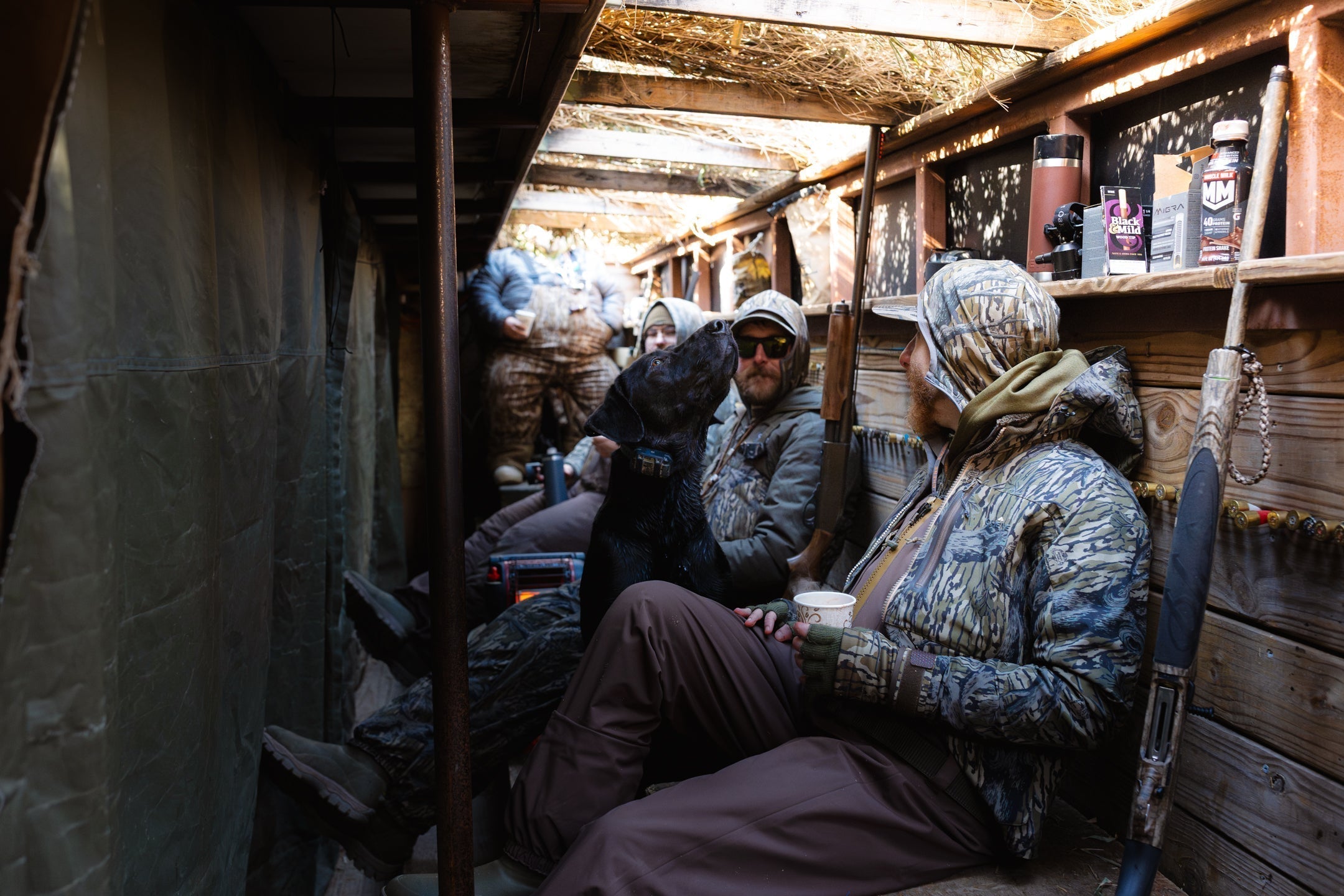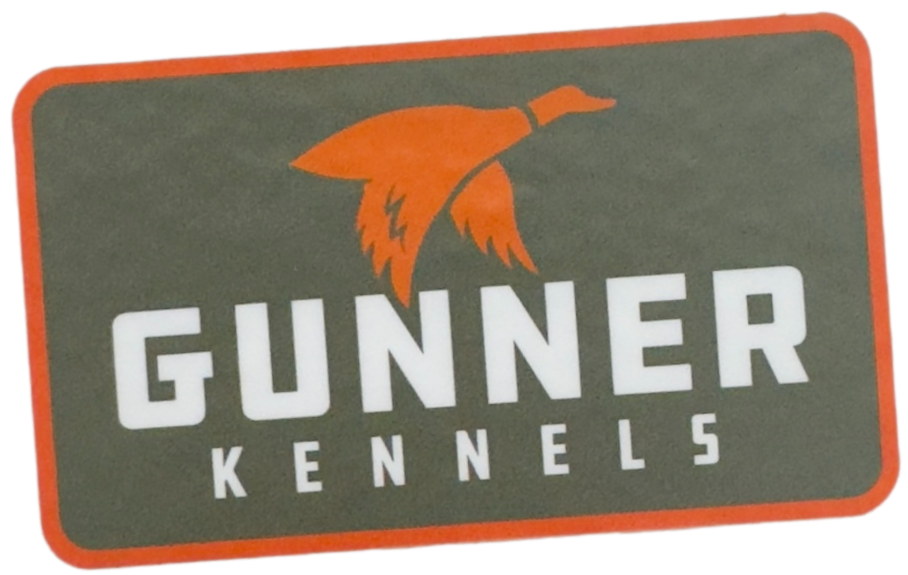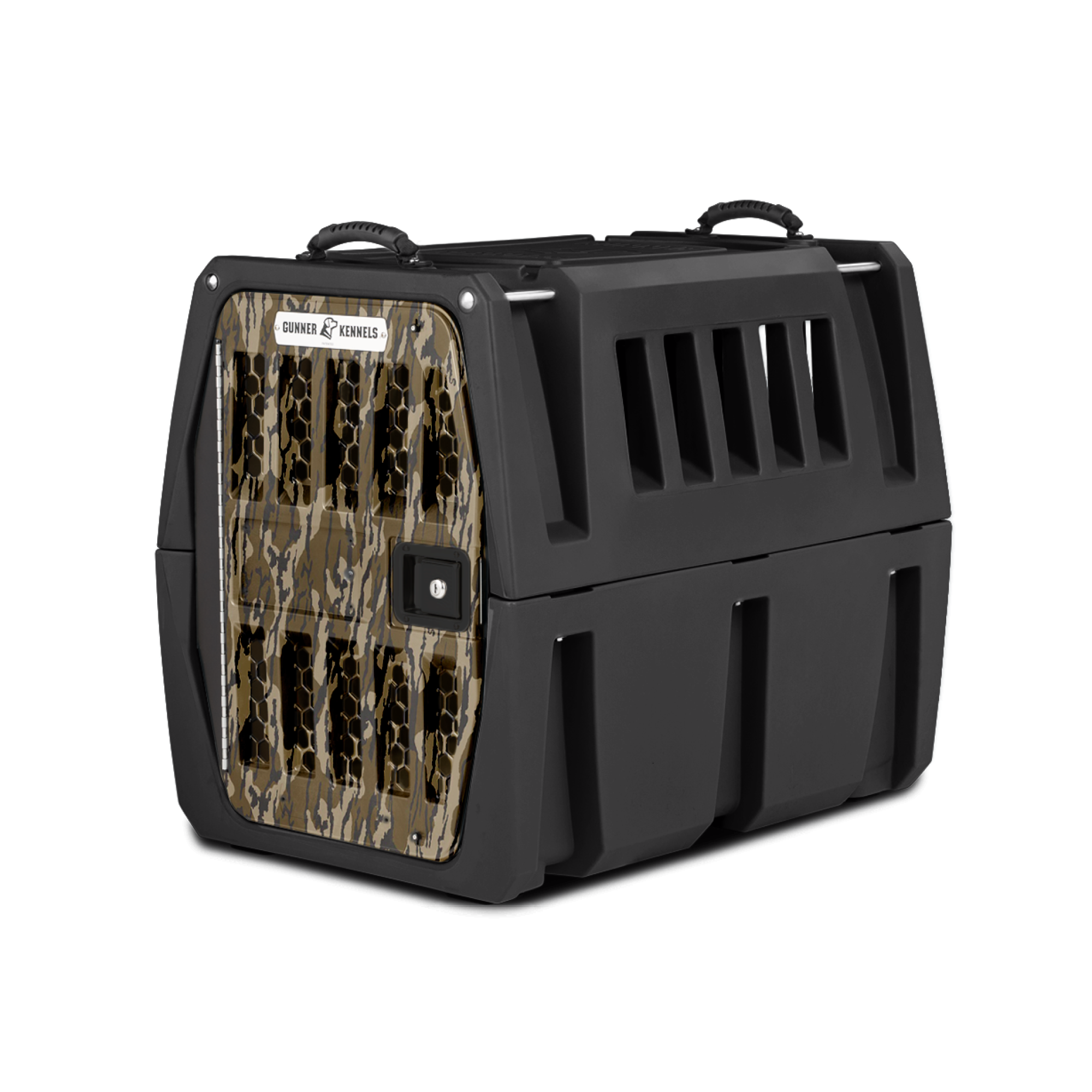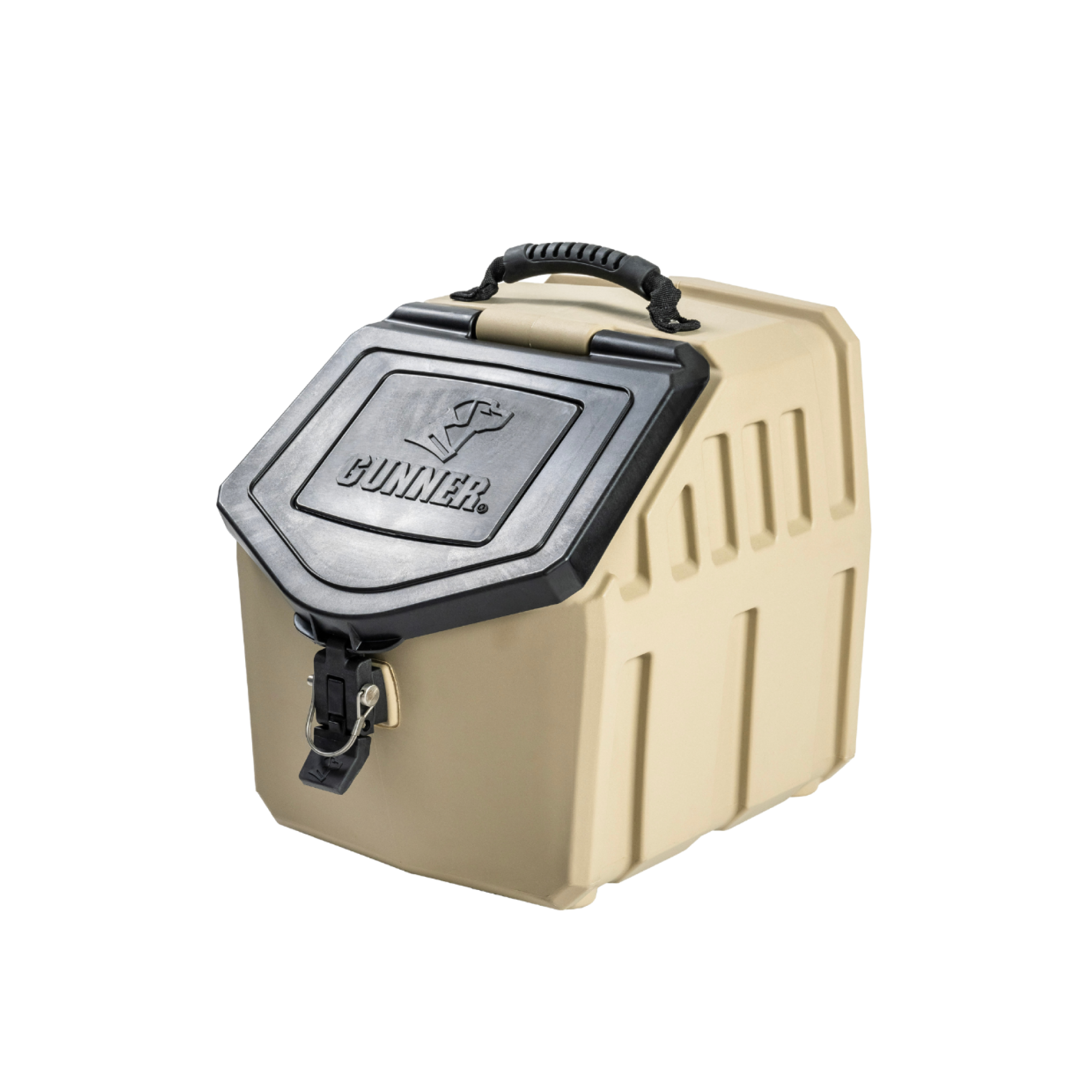By Robbie Kroger | Blood Origins
Looking out over the valley I couldn’t help but think to myself, “Wow, what a magnificent place.” Then I turned to look at Braxton sitting on the rock, and couldn’t believe what we had just filmed.
Essentially the heart of a veteran, and how his heart is shaped by hunting.
By looking at Braxton, and listening to him talk you may be transposed into the early 1950s, the early days of the West. A typically good ole boy cowboy, wearing his typical western gear, and waxing eloquently about the trials of life, and poetically discussing his favorite author and poet.
What you wouldn’t know is that Braxton is a retired Army Sergeant, who got blown up by a suicide bomber in Ramadi Iraq. 24 surgeries later, shrapnel still within his body 12 years later, there was one place for a cathartic type healing – and that was the wilderness with a bow in his hand hunting.
I didn’t grow up in the United States, so the idea of military, being in the military, being a part of something bigger is a foreign concept. I grew up in South Africa. A country that honestly I really don’t have a sense of duty for. Don’t get me wrong I love my country and still do 15 years later after leaving to come to the States, but there is not a patriotic sense imbued in us young South Africa men and women that makes you want to rush to the frontlines, stand shoulder to shoulder with your neighbor as the enemy, whatever enemy that may be, decides to come over the rise in front of you to threaten your country.
So now living in the States, raising two boys to be Americans, I am struck watching them sword fight in the back yard this past memorial day weekend of whether either of them will take up that proverbial flag and go into the military without a familial background to lay a path for recruitment. I would be a very proud father if they did.
One could argue that hunting is the same way.
I come from a family steeped in hunting heritage, but it almost would have skipped a generation, or died with my father, if I hadn’t come to the United States and become a hunter.
One of the reasons that it was possible for me to become that hunter, to be able now to pass this torch of hunting heritage on to my boys, is because of Veterans, those past, and those still with us — like Braxton — who fought for the freedoms that this Country holds so true.
If you have interacted with veterans in an outdoor/hunting context you will know there is something special about it. Almost a realization by most that the mere activity you are partaking in, is due to that individual. Yet in the same moment that Veteran is getting something back from the outdoors and hunting, that only the outdoors and hunting can provide.
While we were filming Braxton, he described how he undertook physical therapy for a dozen years post being blown up by that suicide bomber. He was told he would be lucky to ever walk again, let alone go chase Elk in the mountains of the West, and how he was now finally in a place where he was strong enough to go up onto the mountain and chase Elk.
All those years waiting for that first chance to go. That first chance to hunt. The outcome of the story would have been storytelling in the making if he had harvested an elk on that first journey out, but it was almost a day that needed to happen to bring full circle the efforts he had gone through. Full circle to the yearning for the hunt and a reminder for who he was.
You see that day the wind was howling off of the mountain. A wind so strong that even for an accomplished bow hunter the likelihood of presenting a shot, if one ever presented itself, would have tested a mans ethic. As any hunter he sat down frustrated then he remembered this old Western poem where this man is asking God to give him a wind in his face. A wind that cuts like a knife cuts right down to the bone into the heart of what is. What he was really asking for is a wind that would remind him that he was just a speck in the universe, and what was happening to him in that moment, was inconsequential for the rest of humanity.
As Braxton sat there on that ridge, on a bow hunt, he caught himself remembering that this was the most important thing in the world at that moment. Here he was, this guy that was told he was never going to walk again, and he conquered that and had just climbed this giant ridge and had gotten into position where he should be able to kill an Elk, and when he remembered that poem, it helped to really set his mind back right. Just because he put in all this effort, just because he had been able to conquer the injuries in some sense, just because of all of that, it didn’t mean that the mountain cared.
As Braxton eloquently put it: “The mountain doesn’t care what you did. The mountain is a beautiful and just place, because it’s just in its indifference”.
You see, for many veterans around this Country suffering from PTSD and other injuries suffered from the ravages of war, the outdoors, the wilderness, is a place where healing occurs. Often that is tied to participating in an activity like hunting where they are focusing their senses in accomplishing a task and mission, a component that is engrained in who they there.
These places release them from the daily grind of dealing with what war has forced upon them, the daily struggles of normalcy and assimilation back into society, essentially an escape. A small respite to re-center, breathe, and forget in the things that they remind them of who they are. In some instances it’s a place where often healing can occur because of the struggle, because of the things that test them physically and mentally, reminding them why they decided to become military veterans in the first place.
Similarly, I believe these places are for you and me to re-center, breathe, and remember who provided these opportunities for you.
For more stories about the outdoors, go to www.bloodorigins.com. For two veteran organizations Robbie recommends:
Blood Origins is a 501c3 non-profit organization that is interested in conveying the truth around hunting. Hunters do incredible things to improve wildlife conditions as well as human conditions all over the world. Blood Origins wants to show those things to the world, and sees an excellent opportunity to convey those motivations. Blood Origins is a storytelling endeavor that strives to showcase the why, the who, and the what around the perception. Join us by donating to the project, sharing our content, and pushing a narrative that changes the perception around who we are as hunters.

